The 1940 Olympics Were Canceled Because Of World War II
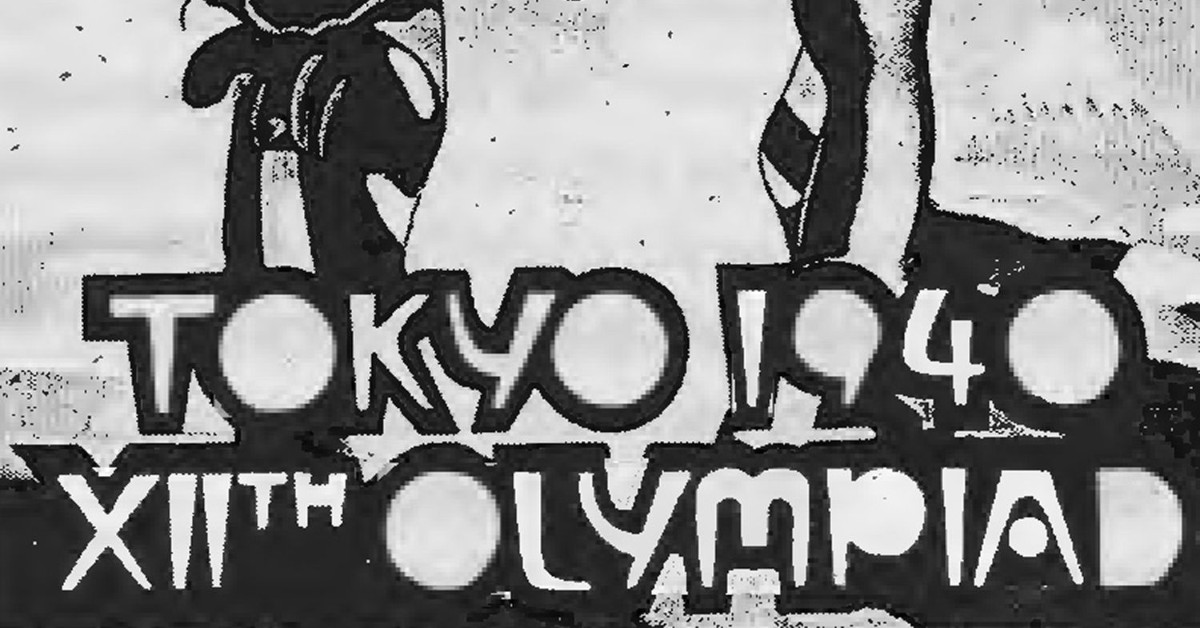
(Wada Sanzō/Wikimedia Commons)
The 1940 Olympic Games were supposed to be a coming-out party of sorts for Japan. Initially scheduled to take place from September 21–October 6, 1940 in Tokyo, the games were postponed after the country withdrew from their hosting duties to focus on going to war with China. The backup host, Helsinki, was set to host the games earlier in the year, but the outbreak of World War II ended the games completely. What would have been the first Olympics held outside of Europe and North America never happened, making the 1940 Olympics the games that never were.
Thirsty Tokyo
Japan started lobbying to hold the 1940 Olympics in 1932. They were hoping to showcase how far the country had come since suffering a devastating earth quake in 1923, and the opportunities for international diplomacy were also pretty tempting. Italy was the Olympic darling du jour, but the country's leader at the time, Fascist dictator Benito Mussolini, displayed uncharacteristic grace when he agreed to step aside if Japan supported their efforts to nab the following summer games. It was a huge win for Japan: The games were to coincide with the 2,600th anniversary of Emperor Jimmu's rise to the throne as the man who brought Japan together under one imperial dynasty. Then, well ...
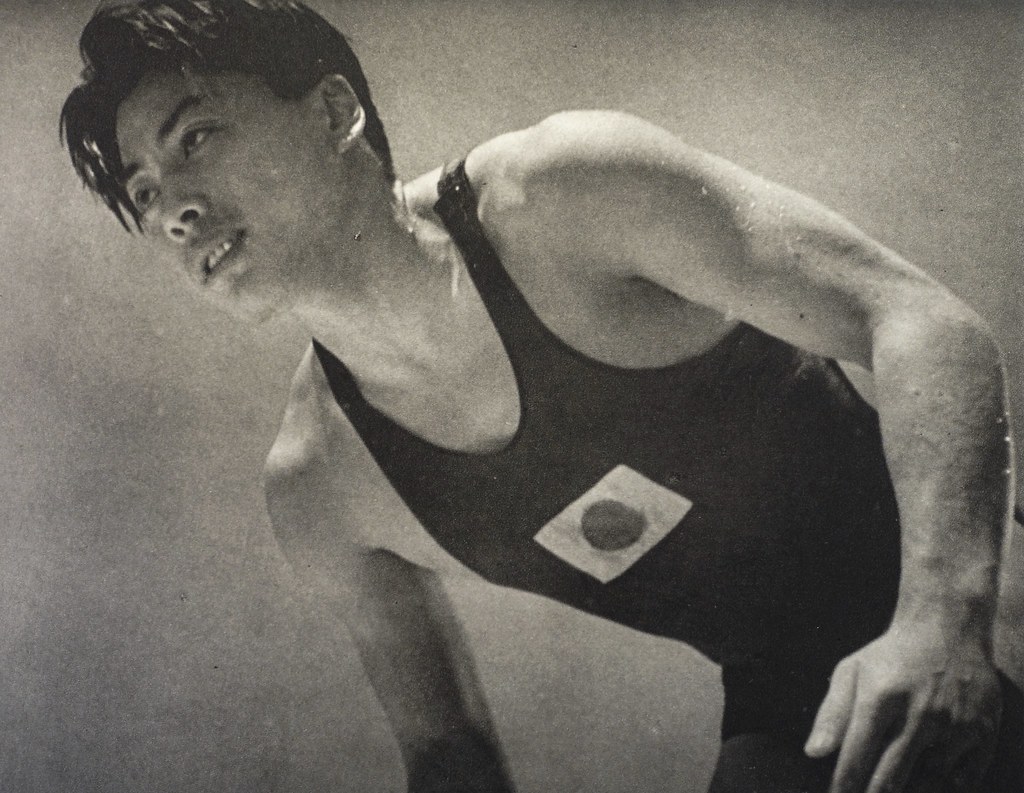
Thwarted By Metal
As tensions rose around the world, America, Britain, and France tossed around the idea of boycotting the 1940 Olympics. They didn't want the Games to be used as a propaganda tool like they were in Berlin by the Nazis in 1936. Although Japan assured the International Olympic Committee that they would meet the standards set out by the group, they officially withdrew their bid for the games on July 16, 1938 after organizers realized that they couldn't spare the steel needed to construct the complexes necessary to house the Games, thanks to the war effort. When Kōichi Kido, advisor to Emperor Hirohito, announced Japan's forfeiture, he explained "When peace reigns again in the Far East, we can then invite the Games to Tokyo and take that opportunity to prove to the people of the world the true Japanese spirit." Following the announcement, the Olympic News bulletin reported "The organizing committee and the people of Japan were deeply disappointed in having to give up the Games, but in the circumstances, no other course was open."
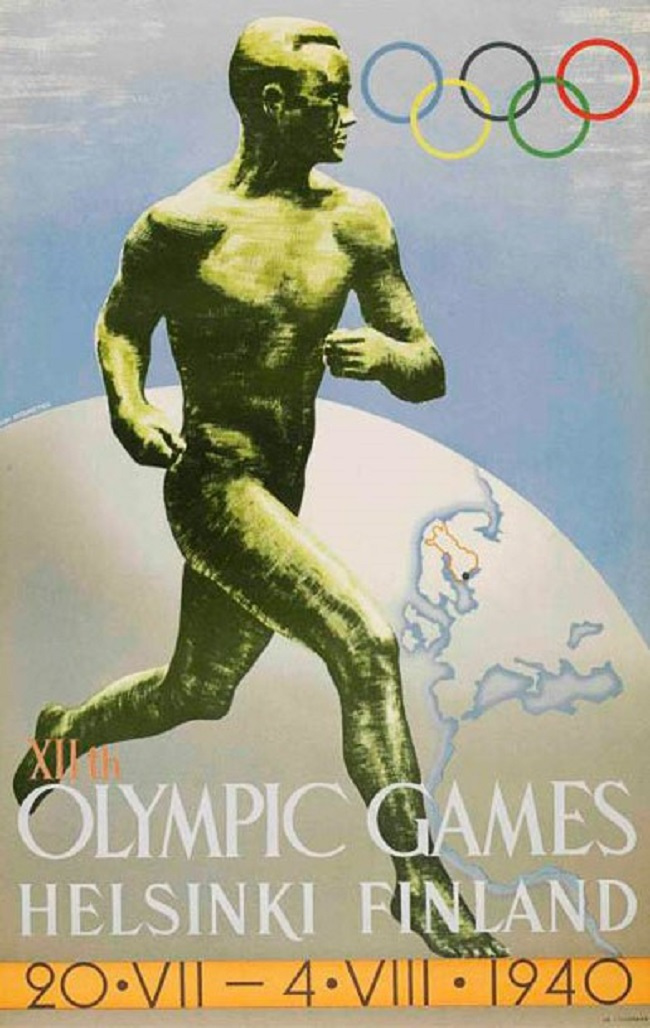
Enter Finland
After Japan officially withdrew from the Games, the IOC awarded them to Helsinki, Finland and moved up the start date from September 21 to July 20. Even though most of the world was at war, the IOC believed the nations would lay down their guns to compete, but they admitted defeat in November 1939 when the Soviet Union invaded Finland. The world would have to wait another eight years to come together in the name of friendly competition.
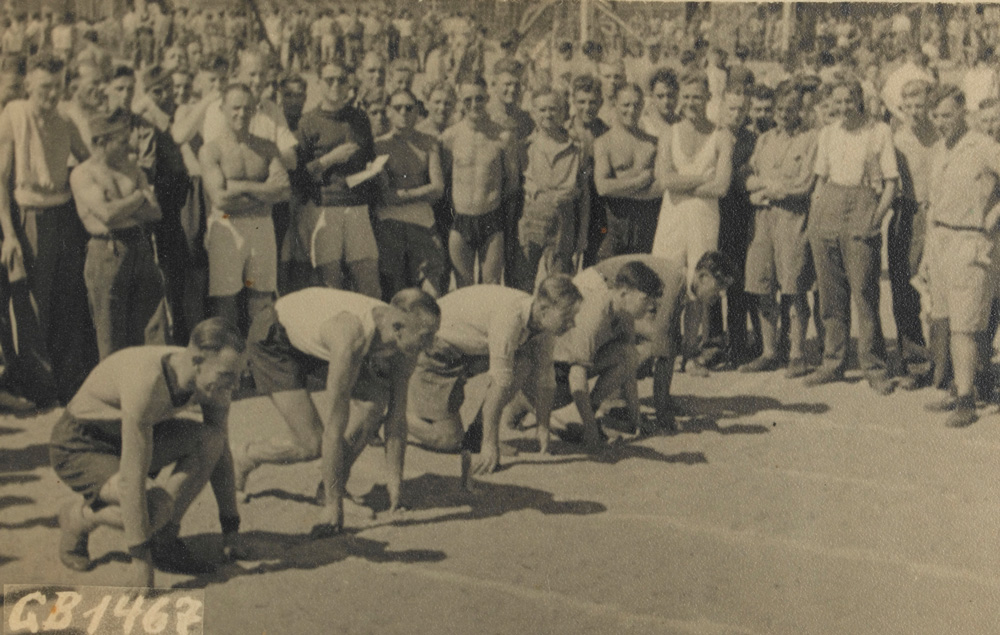
Makeshift Games
The 1940 Olympics might have been canceled, but that didn't stop athletes from competing wherever they were. The annual Finland-Sweden Athletics International was held at the Helsinki Olympic Stadium with participants from Finland, Sweden, and Germany, while Japan, the Republic of China, Hawaii, Manchukuo, Thailand, and the Philippines competed in the 1940 East Asian Games from June 6–June 9. Even prisoners of war near Nuremberg, Germany carried out their own Olympics in August, which they called the Prisoner-of-War Olympic Games, at Stalag XIII-A. Prisoners made their own Olympic flag from a Polish prisoner's shirt and drew the Olympic rings with crayons.
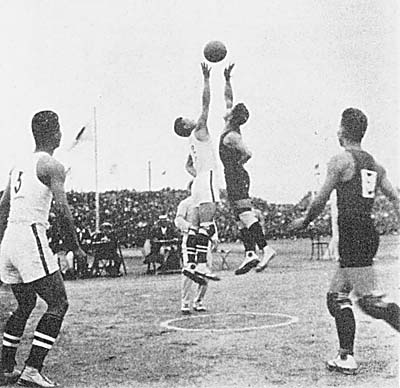
A Huge Economic Loss
Japan was really counting on the economic boom the Olympics would have brought through tourism and hospitality. By the time they dropped out, they had already begun to prepare for the Games, printing merchandise and investing a fortune in their transportation and sanitation systems. It's not known exactly how much Japan sunk into the Games and then lost when they gave them up, but between that and fighting a war, their economy was wrecked for years.
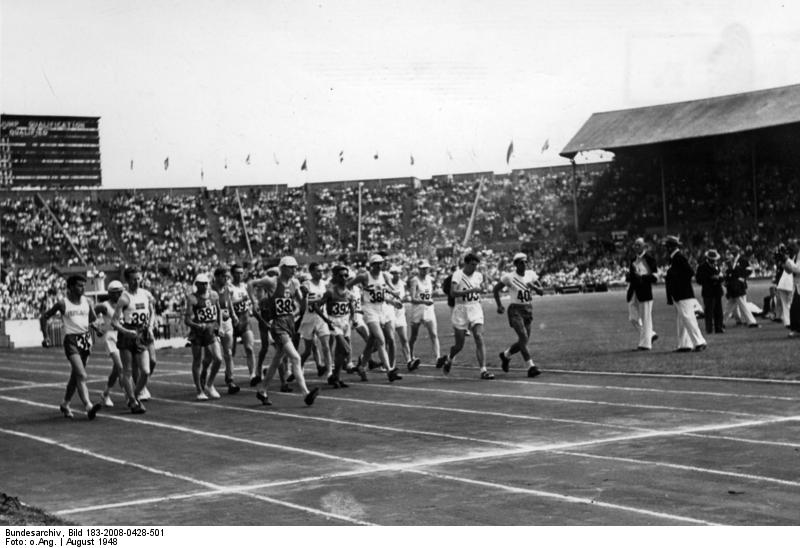
The Olympics made their comeback at 1948 London Games, in a Britain that was completely broke after six years of war. As a result, the site of the Games wasn't quite as majestic as those that came before, but the athletes and fans didn't care. As David Wallechinsky, President of the International Society of Olympic Historians, told CNN Sports:
In '48, when the Games came back after 12 years, people were just happy to have it happen at all. Of course, the introduction of the television, when people could watch it live or at least follow a daily report, in the '60s ... It was a whole other deal.
London made about £761,688 in ticket sales after spending £732,268 to prepare the city for the Games, so it was a pretty good economic deal for them, too. Overall, the British government made about £30,000, which buys a lot of scones.
No comments: